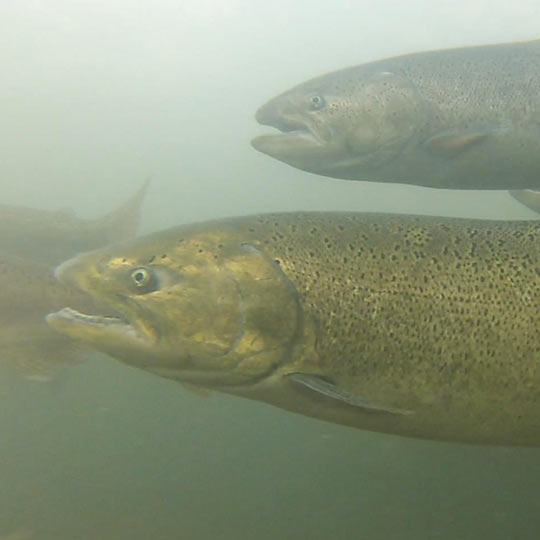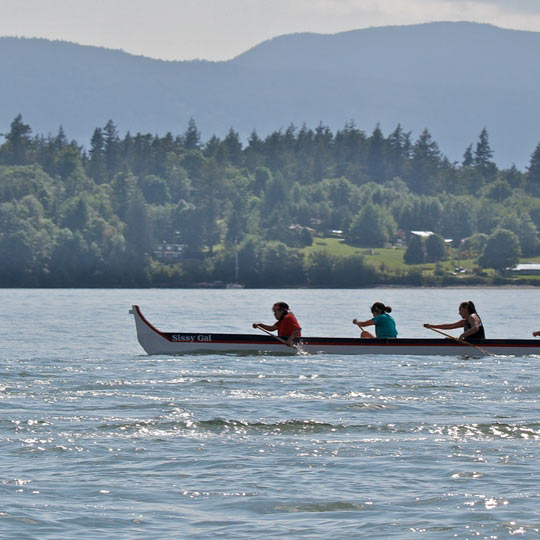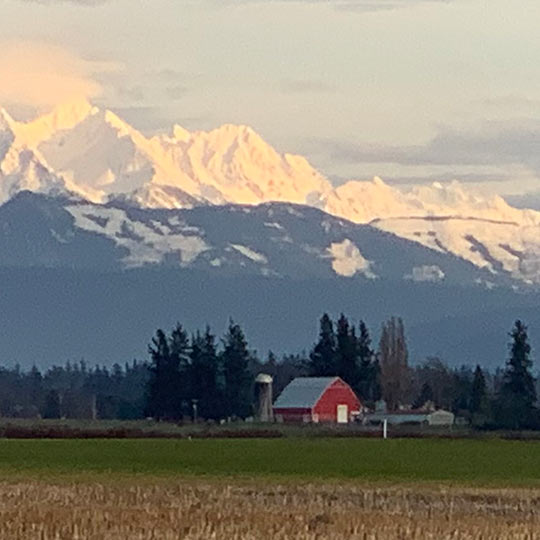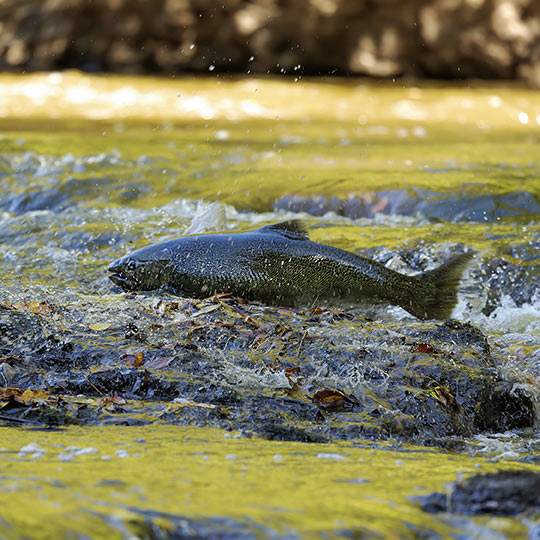Learning from the past: the success of adjudication in Yakima Basin
“Because of the way water law evolved in Washington, it’s imperative that adjudications are used to establish the lawful demand on a water source. Having an inventory of water rights is critical to allow regulation, facilitate issuance of new rights, and encourage investment in projects to address water-short basins. Without it, we’re all just playing in the dark.”
– Sid Ottem, former Yakima Superior Court Commissioner for Acquavella
On December 17, 2020, those who attended the WRIA 1 Watershed Management Board had the opportunity to hear directly from Ecology Director Laura Watson and from the Former Adjudication Court Commissioner for Yakima County, Sid Ottem, quoted above.
Commissioner Ottem shared a number of important lessons based on his experience in Yakima:
- Water banking. There is now a water bank in the Yakima with an active group of buyers and sellers.
- Process streamlining. The Legislature has amended the law so that there is more flexibility for Ecology, and they will be able to move more quickly.
- Resolving water rights. He shared that, in his experience – which extends beyond the Yakima adjudication – the only way to resolve water rights uncertainty is through an adjudication.
- Certainty. For real, long-lasting certainty, an adjudication ‘is the only game in town’.
- Local settlements. In the Yakima case, settlements were negotiated outside the court and were brought in to be made legal.
- Trust. He said that at first people went in to fight, and that over time trust developed.
- Avoid litigation. He urged all of us not to use our money to fight, but to resolve water rights and find solutions.
Farming in Yakima increased during the adjudication
The Yakima Watershed adjudication was filed in 1989 and ended in 2019. If adjudication harms farming then the Yakima adjudication should have harmed farm businesses in Yakima. The USDA Census of Agriculture(8) is taken every five years and is a complete count of U.S. farms and ranches and the people who operate them. The following is USDA data for Yakima County in 1987 and 2017 that shows how adjudication impacted farms In Yakima County before and at the end of adjudication:
- Irrigated farmland increased from 247,313 acres to 260,023 acres.
- Land in farms increased from 1,612,399 acres to 1,781,463 acres
- Market value of ag products increased from $498,067,000 to $1,988,027,000. This is an increase over the rate of inflation by 54%
- Average per farm market value increased from $117,496 to $673,451. This is an increase of 38% over the rate of inflation.
Based on data from the US Department of Agriculture, it appears that adjudication did not harm farming in Yakima County. The right question seems to be this: how does a permanent and legal water right help farming?
(8) USDA Census of Agriculture. Washington State County Data. County Summary Highlights: 1987, 1992, 1997, 2002, 2007, 2012, 2017. https://www.nass.usda.gov/AgCensus/
About Us
Adjudication
Frequently Asked Questions
You Can Help. Join Our Email List.
We promise we won’t spam you.




